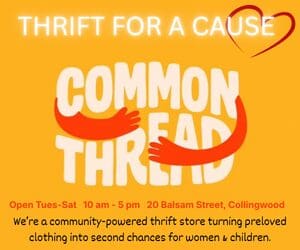The WikiLeaks founder has been held in a British prison for the last five years and fought extradition to the U.S. He is expected to return to Australia.
WikiLeaks founder Julian Assange was released from a British prison and on his way to a remote Pacific island on Tuesday where he will plead guilty to a conspiracy charge as part of a plea deal with the U.S. Justice Department, according to court documents.
In the cold, early morning light, the heavy iron gates of Belmarsh Prison creaked open, and Julian Assange stepped out, a free man for the first time in almost a decade. The air was crisp and biting, but to Assange, it tasted like freedom.
For years, Assange had lived under the shadow of extradition and a potential lifetime of imprisonment in the United States. His efforts to shed light on classified documents through WikiLeaks had made him a global symbol of the fight for transparency in government but also a central figure in a contentious legal battle.
As Julian Assange exited the prison, he was met with the intense flash of cameras. Journalists from around the world had gathered, all eager to capture the moment. Flanked by his legal team, Assange took a deep breath and began the walk toward a waiting car that would take him to his temporary residence.
Assange had finally agreed to a plea deal with the U.S. government, a compromise that would mitigate both his and the authorities’ ongoing legal struggles. The plea deal would see Assange admit to certain charges in exchange for a significantly reduced sentence and protection from the more severe repercussions he had been facing.
As the car wound its way through the quiet streets of London, Assange peered out the window, reflecting on the years he had spent in confinement—and the decade-long saga that had transformed his life in ways he had never imagined. He thought about the days he spent in the Ecuadorian Embassy, a self-imposed imprisonment, fearing extradition and separation from his family.
The vehicle crossed the bridge over the Thames River, its waters as murky and complex as Assange’s own legal situation. He pondered the coming negotiations with the U.S. and what the future held for him. Though the road ahead was uncertain, it was also an opportunity for a fresh start, something he had craved for years. The plea deal, albeit a difficult path, promised a semblance of closure and the chance to advocate for transparency and freedom of speech without the chains of his past.
Reaching his temporary residence, Assange was greeted by his friends, supporters, and loved ones who had steadfastly stood by him throughout the years. Their faces mirrored the mixture of hope and fatigue that come with long, hard-fought battles.
“I’m ready,” Assange said, as he embraced his companions and prepared for the legal proceedings that lay ahead.
With the world watching, Julian Assange, the once-incarcerated whistleblower, was about to step into a new chapter in his life—one where the ideals of truth and transparency would continue to be his guiding principles, now entwined with a story of personal redemption and the ongoing struggle for justice.
Related Links:





















